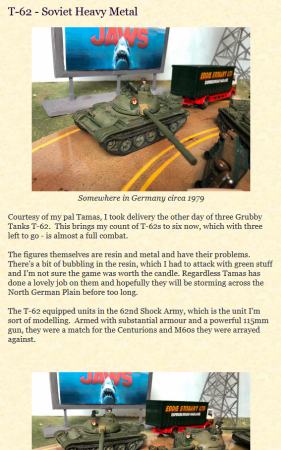
A Story of Memory, Madness, and Family Secrets
443 pages. Acknowledgments, index.
This is the first book from the author, who was once encouraged (as a magazine journalist at the time) to write about something that he had a unique perspective on. Thus began his quest to learn more about his famous grandfather, Dr. William Beecher Scoville, and his most famous patient, known in the literature as Patient H.M.
Scoville was a brain surgeon who helped pioneer lobotomy surgery in the U.S.A. It was believed at the time that by damaging or removing portions of the brain, the condition of mentally ill or epileptic patients could be improved.
Henry Molaison was a severely epileptic young man on whom Svoville operated in 1953, unusually removing his hippocampus and most of the amygdala. As a result of the operation, Henry was severely impaired in his ability to form new memories.
Henry went on to become a favorite test subject of brain scientists for several decades, due to his almost unique brain injuries as a result of the lobotomy. Even after he died, he continued to be studied as his brain was preserved.
This book reads almost like a novel, as the author skillfully weaves together the personal stories of the patient, the surgeon, the other researchers, and the author himself, supplemented with detours into the history of brain surgery, asylums, epilepsy, avd even wartime Nazi research. There is even a 'twist' near the end of the book.
What I liked about this book is that the author presents the information to the reader, and lets the reader draw his own conclusions. He certainly does not exonerate his grandfather, who may have performed an experimental surgery in the interest of science, rather than the patient's best interest. Yet he also points out how others were treating the mentally ill based on a technique pioneered in Nazi concentration camps, and compares Scoville's precise surgery with lobotomies being performed in the same period of time by non-doctors using ice picks.
Rather than presenting the science of the brain directly, the author gradually reveals what the scientists learned from studying Henry – not just his amnesia, but which types of memory were affected, and how that influenced the understanding of how memory works in the human brain. He also presents information which contradicts some of the well-known conclusions.
By the end of the book, the author is also chronicling the way in which the medical researchers 'handled' Henry – keeping him anonymous as "Patient H.M." to preserve their unique access to 'their' patient, utilizing a loophole to avoid paying him, and even obtaining research consent from someone other than Henry's next of kin. There was even a fight for control of Henry's brain, and the primary researcher destroyed her records in an apparent effort to prevent anyone from ever reviewing her studies of Henry.
A fascinating book, excellently written, often disturbing. Highly recommended.
Reviewed by ![]() Editor in Chief Bill
Editor in Chief Bill ![]()
![]() .
.







